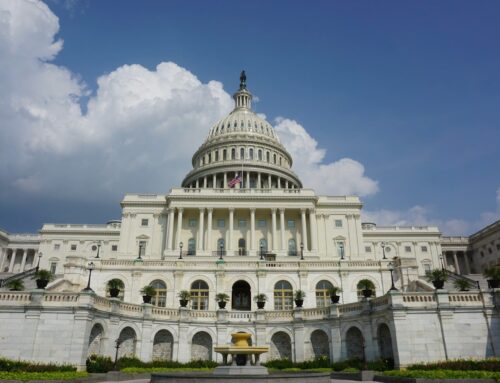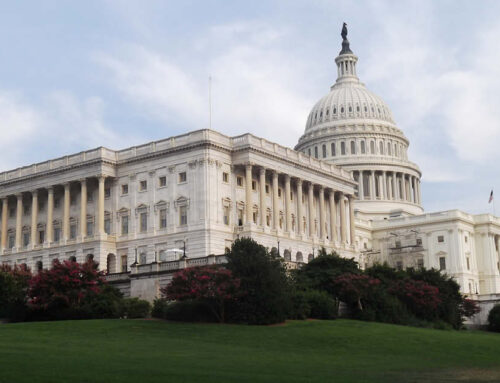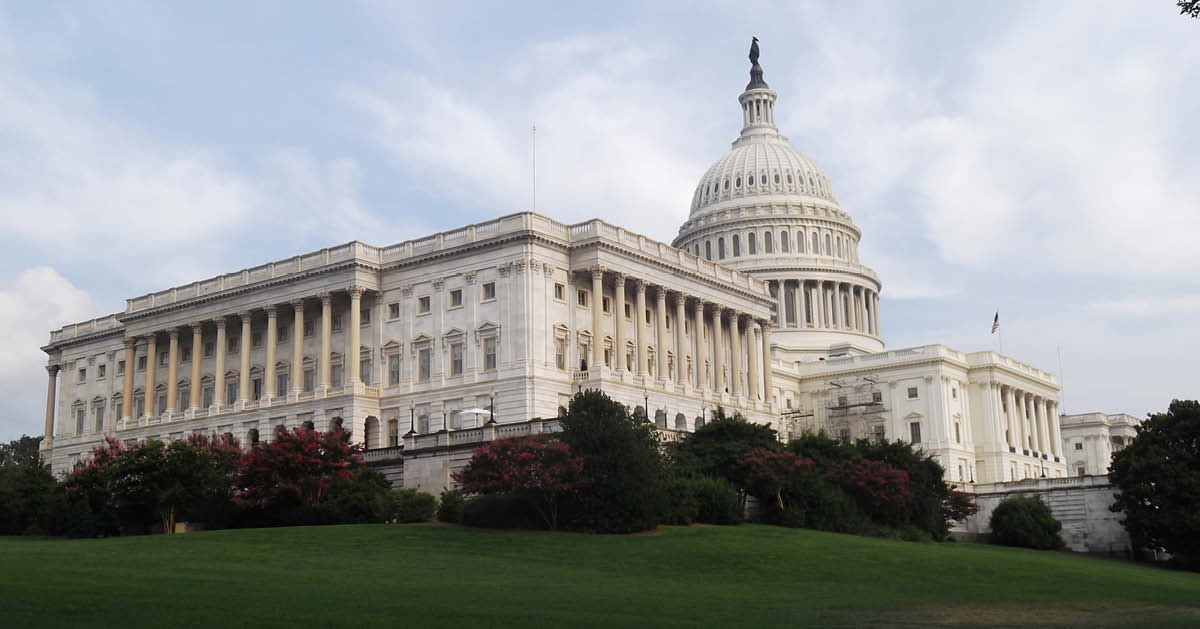The President’s Fiscal Year 2022 discretionary budget request includes $14.9 billion for the Treasury Department, a $1.4 billion increase (10.6 percent) from Fiscal Year 2021 enacted levels. The vast majority – $13.2 billion or 89 percent – is requested for the Internal Revenue Service, an overtaxed agency that has been stretched thin for a while now.
The discretionary budget request boosts funding for the IRS by $1.2 billion, a 10.4 percent increase from last year. We’ll have to see the details to be sure, but on face of it – good callls:
- increased oversight of high-income and corporate tax returns to ensure compliance (TCS: Ka-ching and better confidence in voluntary compliance)
- providing new and improved online tools for taxpayers to communicate with the IRS easily and quickly (TCS: Better taxpayer experience)
- improving telephone and in-person taxpayer customer service, including outreach and assistance to underserved communities (TCS: Ditto!)
A recent House Ways and Means subcommittee hearing with the Commissioner of the Internal Revenue Service and a report from the Inspector General make it clear the IRS is stretched thin. An Inspector General report found that the IRS did not look into nearly 370,000 cases where high income tax filers (making over $100,000) didn’t even bother to file a tax return ($20.8 billion owed). So mentioning that the requested boost in funding would be used for increased oversight of high-income and corporate tax returns is good news. Because individuals and corporations should be paying what they owe. Our taxation system works on voluntary compliance and if people don’t feel that all are paying their fair share then they feel like suckers, which hurts voluntary compliance.
Paper return backlogs and error resolution delays have become a serious issue. So the budget request addressing resolving these issues to our revenue collection agency is a great first step to making our government work.
_









Get Social